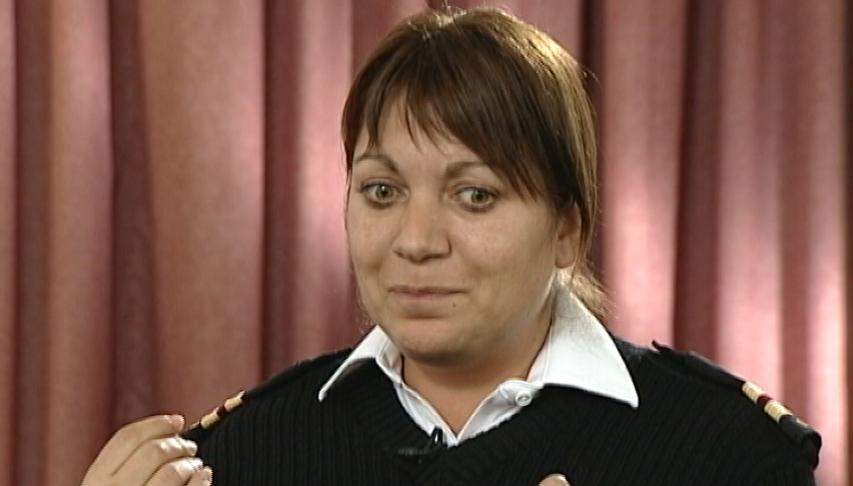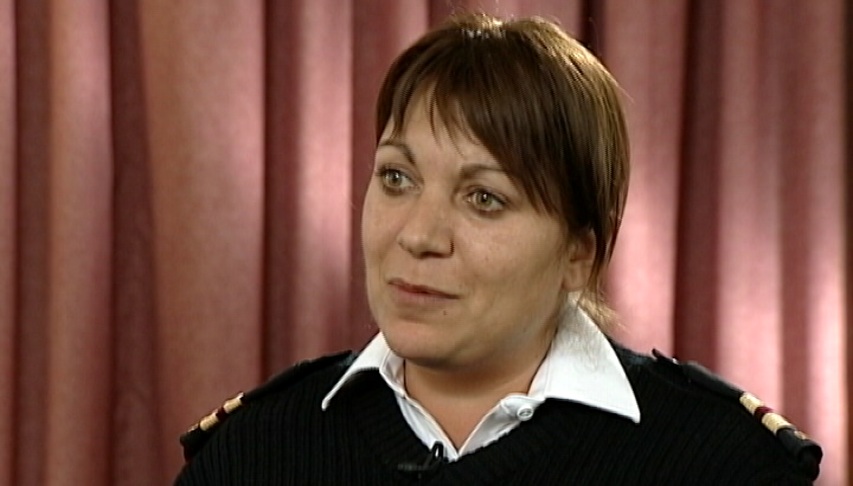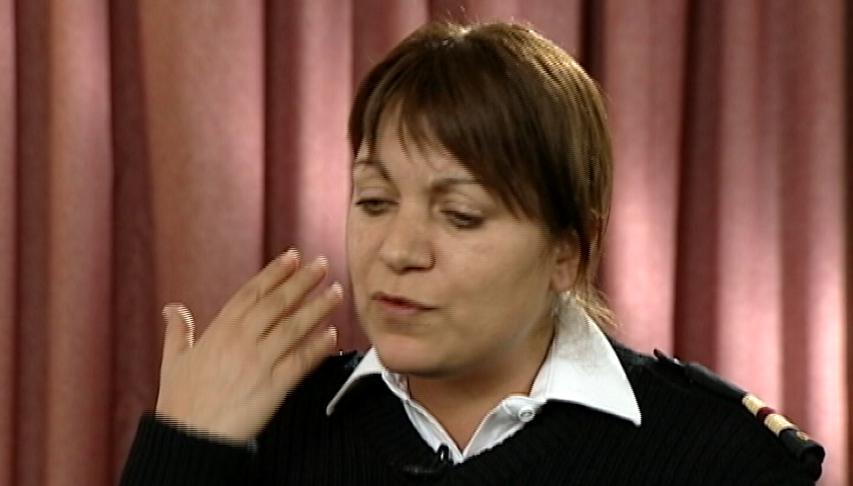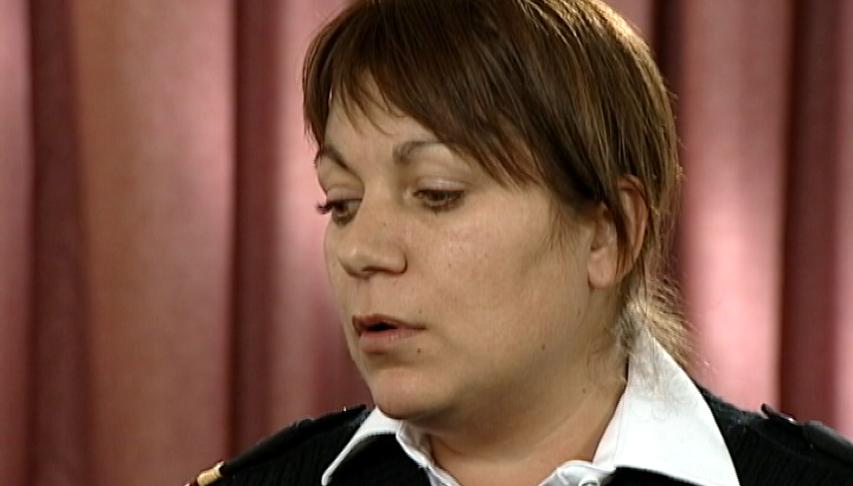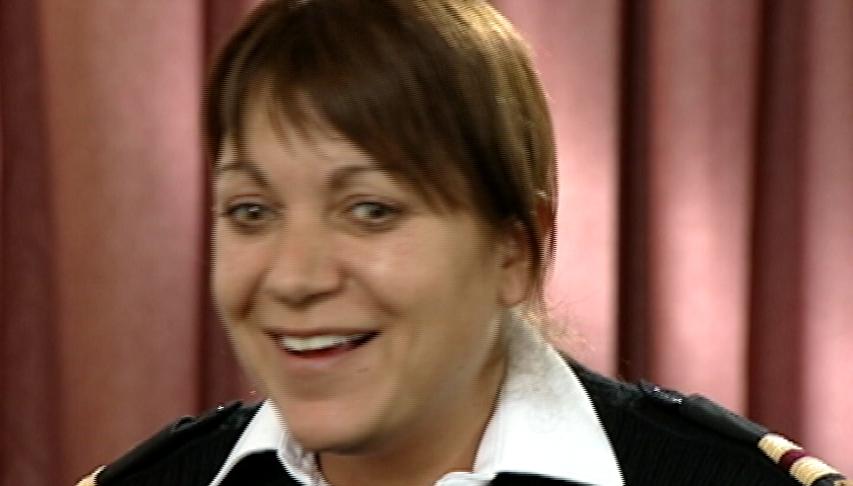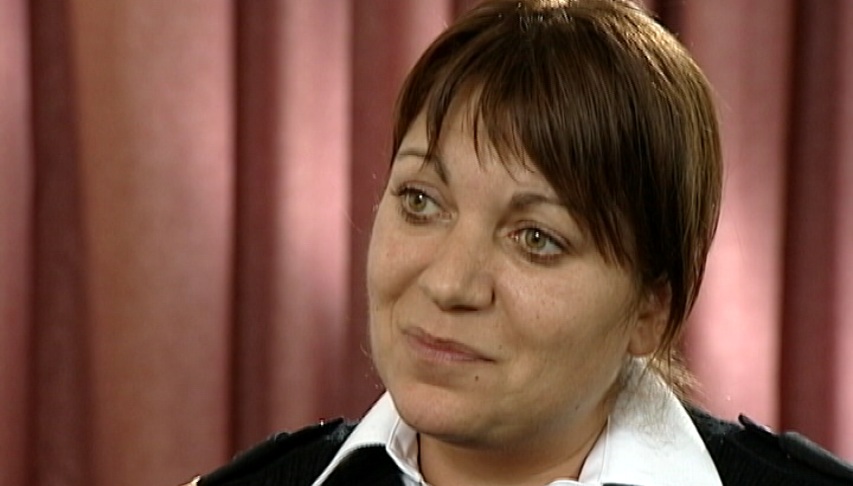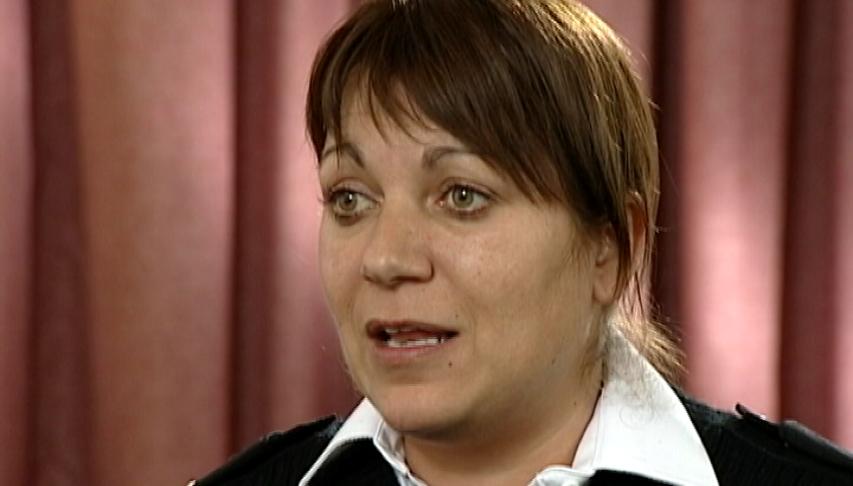Well, my mission was to give aid to coalition soldiers,
only coalition soldiers. We didn’t do any humanitarian work
at that point. The conditions in Haiti were extremely hot, about
45 degrees and humid. It was summertime when I was there.
We lived in tents. No air conditioning. No running water.
So we had to use porta-potties, outdoor showers that water
collected in like huge buckets. It’s the closest thing I can
compare it to. Food was, most of it was ration packs which is
already pre-made food, boil in the bag.
I enjoyed my experience in Haiti. We did not have a lot of
casualties. We were very fortunate, but it prepared me for
Afghanistan, to live in a tent with a whole bunch of people,
and yeah. Afghanistan was a little different.
Afghanistan was, as soon as you went into theatre you hit the
ground running, go, go, go. We were extremely busy. We were
still living in tents, no air conditioning at the beginning.
We did eventually get air conditioning. We did have
electricity. Our food was made by Americans. A little different
than what we’re used to. It was from down south, most of the
Americans that were there, so the food was according to how they
ate. So a lot of deep fried food. A lot of food with gravies.
Something I’m not used to. That was, for me that was the hardest
thing, but it was a lot easier than eating ration packs which,
I’ll take fresh food over ration packs any day of the week.
We lived on a camp that had 10,000 people.
Haiti was about 600 people and we had different nations
throughout the whole camp. So we had Romanians and English
and Australians and Dutch and French, and there’s probably
a whole bunch more that I can’t even remember. The conditions
in Afghanistan was quite safe compared to going outside
the wire. Outside the wire it means our perimeter. Outside
the wire is where you have to go fight.
The only thing that we had that was a little bit nerve wracking
was rocket attacks. We had about 38 rocket attacks and about two
to three per rocket attack. The first few ones were a little
nerve wracking until you get used to it and it becomes daily
living. Oh yeah, bomb, in, out. Like we’d know by the sounds if
they were going out or they’re coming in and how close they
were. The only, twice I was spooked. Besides that I laughed
the whole time I was there every time a rocket attack happened.
Unless patients got hurt, then you become a little bit more
serious, but only twice. Once was about 35, 50 metres from the
hospital, they hit, and the other one we heard it go over our
heads, while we were at Canada House and we,



